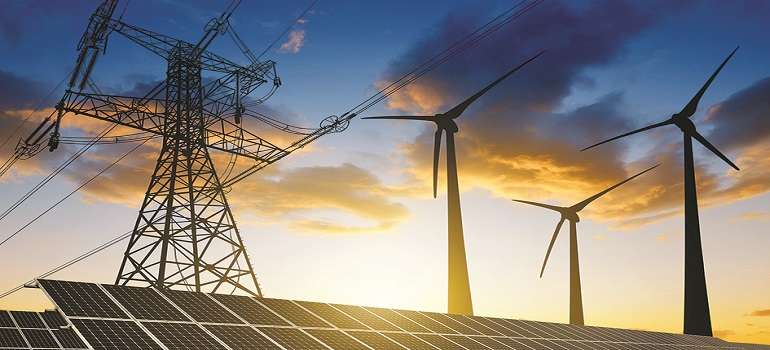A recent report, produced by the International Renewable Energy Agency (IRENA) in collaboration with Malaysia’s Ministry of Natural Resources, Environment, and Climate Change, has identified Malaysia’s potential to achieve its net-zero goal through the use of local, affordable renewables. By adhering to IRENA’s 1.5˚C Scenario, Malaysia could potentially increase its proportion of renewables in the final energy mix to over 50% by 2050, up from the current 5%, and save between USD 9 billion to USD 13 billion annually by 2050 through the avoidance of energy, climate, and health costs.
The report highlights that the electrification and energy efficiency of all end-use sectors are crucial to Malaysia’s net-zero pathway. The share of electricity in total final energy consumption must increase from 26% in 2018 to 40% in 2050. Electric vehicle (EV) adoption should also grow significantly, with annual EV sales of over 0.4 million from 2030, reaching up to 80% share by 2050. Moreover, green hydrogen could serve as an enabling technology for sectors such as transport and industry, and Malaysia has the potential to become a reliable supplier of green hydrogen if it meets national targets, mandates, and requirements.
Despite the potential benefits of transitioning to renewable energy, the report highlights that renewable energy investment remains a significant obstacle for Malaysia’s energy transition. To achieve the renewed ambition of achieving net zero by 2050, the country needs to enhance the capacity of national financing institutions, surmount regulatory and market barriers, and reduce government spending on fossil fuel subsidies.


